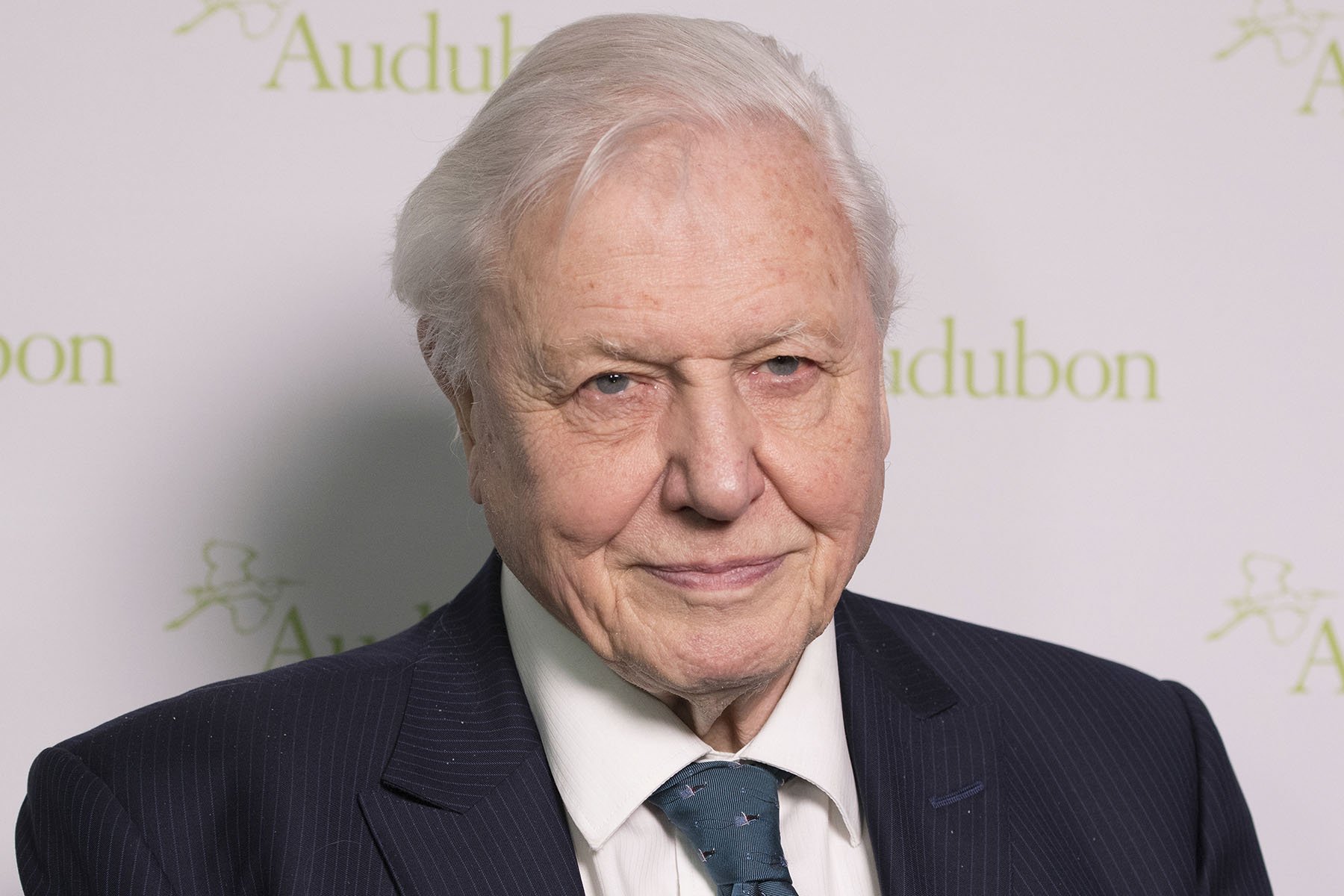Kiss The Ground Film
A Powerful Documentary
Kiss the Ground’ is a powerful new documentary on Netflix about climate change and the potential effects of soil regeneration as a solution to the crisis. There are so many systemic problems in the world humans need to solve in order to mitigate the climate crisis, however Kiss the Ground suggests, one of the biggest problems is literally, right under our feet – the soil.
Thanks to industrial agricultural practices that lean heavily on the use of synthetic pesticide and fertiliser poisons – soil erosion has accelerated beyond comprehension. According to the film, a third of the earth’s topsoil has been lost since the 1970’s. At current rates, the rest of it will be gone in 60 years.
However, there is hope and there is a plan and you’ll be hearing the term ‘regenerative agriculture’ and ‘regenerative farming’ a lot in coming years.
What is regenerative agriculture?
Regenerative agriculture is a conservation and rehabilitation approach to food and farming systems. It focuses on topsoil regeneration, increasing biodiversity, improving the water cycle, enhancing ecosystem services, supporting biosequestration, increasing resilience to climate change and strengthening the health and vitality of farm soil. Practices include recycling as much farm waste as possible and adding composted material from sources outside the farm.
Regenerative agriculture on small farms and gardens is often based on philosophies like permaculture, agroecology, agroforestry, restoration ecology and holistic management. Large farms tend to be less philosophy driven and often use ‘no-till’ or ‘reduced till’ practices.
Narrated by actor, Woody Harrelson and featuring a star-studded line up in order to bring attention to the film’s message are American quarterback Tom Brady and model wife Gisele Bundchen, Patricia Arquette and Rosario Dawson.
A letter to the Minister for Agriculture
When our office wrote to the Australian Prime Minister raising our concerns about farming practices in Australia, we were heartened to hear that our letter had been read and passed onto the Minister for Agriculture, Drought and Emergency Management, the Hon David Littleproud MP who replied saying the following…
“
Australia's food production and soil health are at the centre of the Stewardship pillar of the Governments 'Delivering Ag2030' agenda which aims to set the foundations for Australia's world-class farmers, fishers and foresters to rebound from COVID-19 and build toward the agricultural sectors' vision for a $100 billion industry by 2030.
As part of the delivery of this ambitious agenda, the Australian Government, in consultation with all states and territories are leading the development of a National Soil Strategy. The Strategy, which will be delivered by June 2021, aims to develop a framework to address key soil priorities for Australia. Priorities for the Strategy have been identified through past and present research and practices, government policies and programs, and consultations with a wide range of stakeholders from across Australia, including the regenerative farming sector.
In addition to the development of the National Soil Strategy, the Prime Minister, recently announced the appointment of the Hon Penelope Wensley AC as the new National Soil Advocate. The role of the National Soil Advocate, in addition to supporting the development of the Strategy, is to progress the national objective to protect, restore and maintain the health of the agricultural landscape to support a food secure nation and sustainable farming communities.
All of us can do our bit for the soil within our own gardens by composting and having a chemical free garden – a healthy garden for you, your family and pets.
Just remember if you use chemical pesticides and fertilisers in your garden, it perpetuates an unnatural cycle. You might kill a bug today, but ultimately you will be affecting other creatures and the soil. A bird may eat the poisoned bugs and over time, the poison builds up in its body and this may later cause it to get sick or even die. Or another predator may eat the bird, etc..and another cycle of poisoning occurs.
Look for eco-friendly solutions for controlling pests in your garden and remember that compost reduces your garden and kitchen waste and is the best organic fertiliser you can get and it’s free.













House of Bamboo
Bamboo is an amazing natural material that provides a sustainable alternative to traditional decking outdoors.